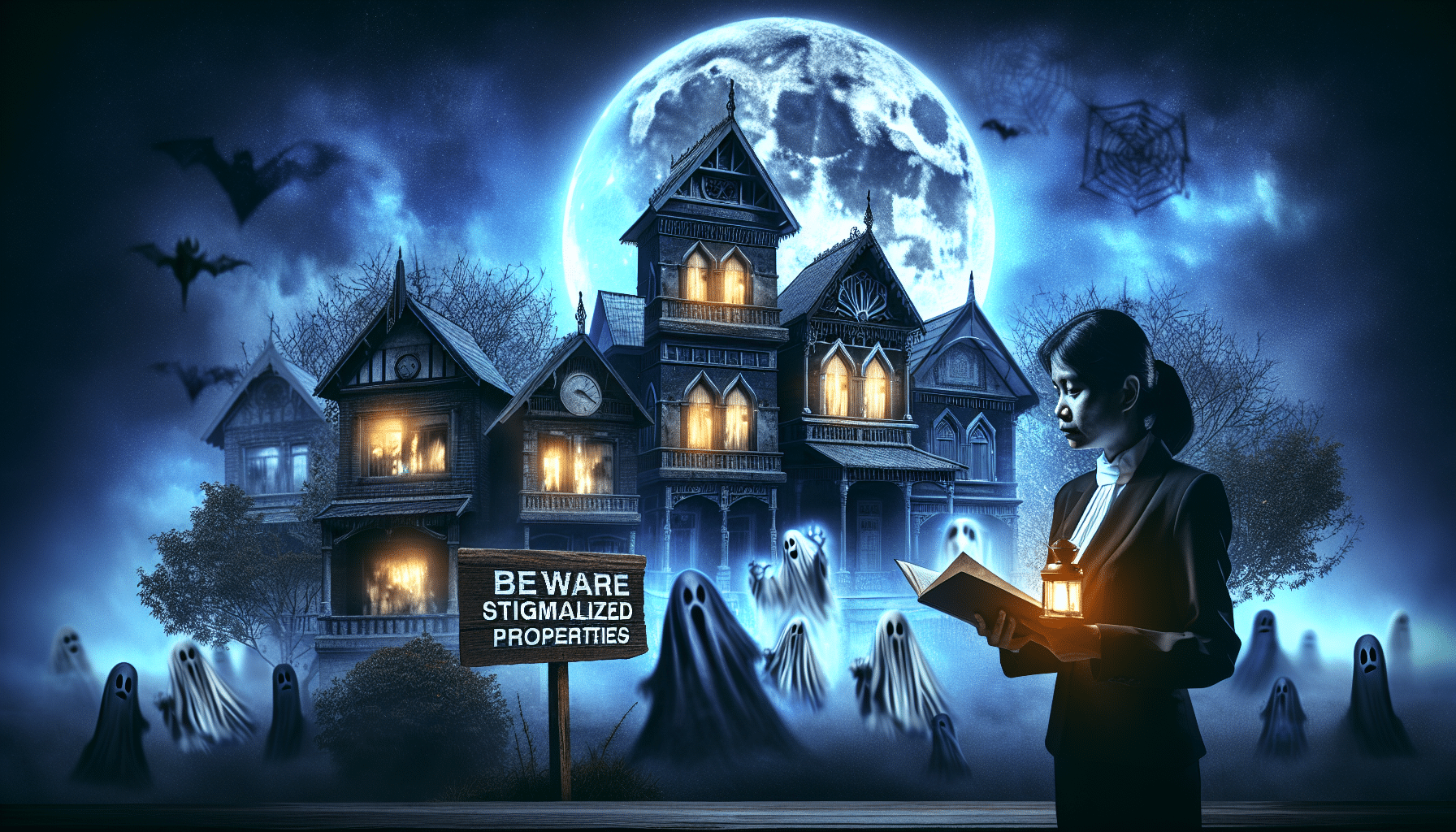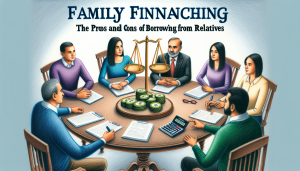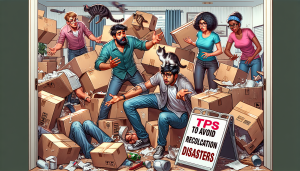Haunted Houses and Stigmatized Properties: The Spooky Side of Real Estate Law
Haunted Houses and Stigmatized Properties: The Spooky Side of Real Estate Law
As the Halloween season approaches, we often find ourselves indulging in all things spooky and supernatural. From scary movies to haunted hayrides, we can’t seem to get enough of the thrill and excitement that comes with the unknown. But what if I told you that the world of real estate law has its own share of haunted houses and stigmatized properties? Yes, you read that right. The spooky side of real estate law is very much real and can have major consequences for both buyers and sellers. Let’s dive into this eerie world and explore the legal implications of haunted houses and stigmatized properties.
What are Haunted Houses and Stigmatized Properties?
Before we delve into the legalities, let’s define what we mean by haunted houses and stigmatized properties. While both of these terms may seem interchangeable, they have distinct differences in the world of real estate law.
A haunted house is a property that is rumored or believed to be inhabited by ghosts or spirits. These beliefs may stem from reported sightings, strange occurrences, or a history of tragic events that may have taken place on the property. On the other hand, stigmatized properties are those that have a notorious reputation and may be viewed negatively by potential buyers due to a past event or circumstance. This could include properties that were the site of a murder, suicide, or paranormal activity. Both haunted houses and stigmatized properties can have a significant impact on the sale of a property.
The Impact on Property Value
It’s no surprise that having a haunted house or stigmatized property can significantly impact its value. While some may be intrigued by the idea of owning a spooky property, the majority of buyers are deterred by the potential risks and negative connotations surrounding these properties. As a result, sellers may have a harder time finding potential buyers, and the property may end up selling for much less than its market value.
In some cases, a seller may choose to list their property as a “stigmatized property” and disclose any relevant information to potential buyers. However, this can also significantly decrease the value of the property and make it even harder to sell. Some states have laws in place that require sellers to disclose any information about a haunting or stigmatized history, while others do not have specific laws but may require the disclosure of material facts that could affect the value of the property.
Legal Implications for Buyers and Sellers
From a legal standpoint, both buyers and sellers need to be aware of the potential consequences of buying or selling a haunted house or stigmatized property. If a seller is aware of the haunted history or stigma attached to the property, they may be held liable for misrepresentation or failure to disclose information. In some cases, the buyer may have the right to rescind the sale or sue for damages if they were not properly informed.
On the other hand, buyers who choose to purchase a haunted house or stigmatized property may have a difficult time securing financing or obtaining insurance. Lenders and insurance companies may view these properties as a higher risk and may require additional disclosures or inspections.
Proceed with Caution
Whether you’re a buyer or seller, it’s essential to proceed with caution when it comes to haunted houses and stigmatized properties. Sellers should always disclose any relevant information, and buyers should do their due diligence and research the property’s history before making a purchase. Real estate agents should also be transparent and honest with their clients to avoid any legal disputes.
In the end, it’s up to the individual whether they believe in ghosts and the supernatural or not. But in the world of real estate law, haunted houses and stigmatized properties are a very real and potentially risky business. So the next time you’re in the market for a new home, make sure to have your ghost-hunting gear and your legal counsel ready.
Happy Halloween and happy house hunting!










